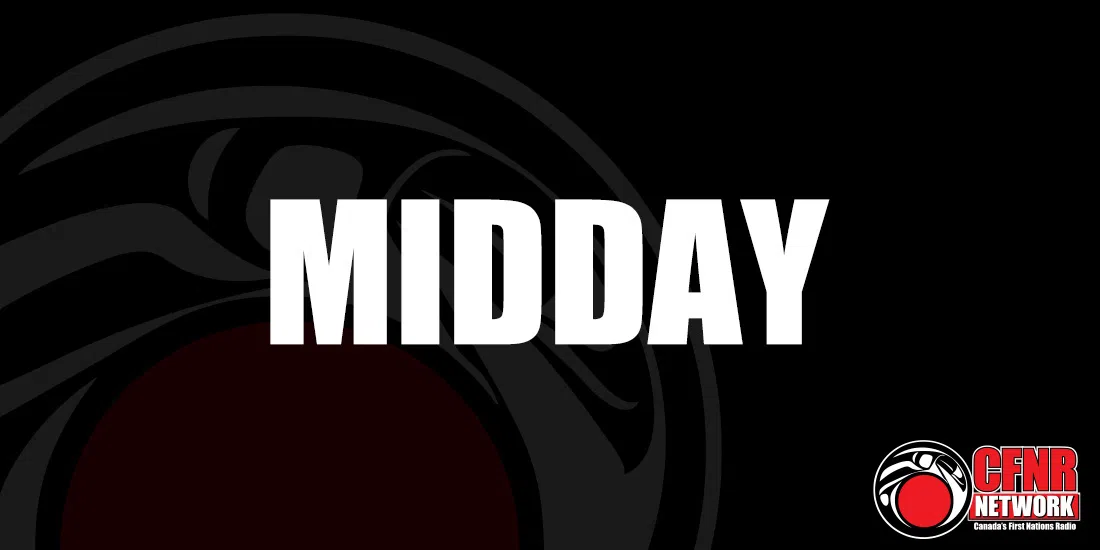The B.C. government, in collaboration with the Canadian Mental Health Association’s B.C. division, has released a new clinical framework to better support people at risk of suicide. Targeting adults accessing emergency departments, inpatient units, and outpatient mental health or substance use services, the guidance aims to standardize care and improve outcomes for those in crisis.
Health-care teams will be encouraged to identify suicide risk earlier and deliver care that is compassionate, evidence-based, and culturally safe. The framework focuses on building individualized care plans, minimizing stigma and discrimination, and ensuring follow-up care continues after discharge. Indigenous-specific safety measures are also embedded throughout, recognizing the disproportionate impact suicide has on Indigenous communities.
The initiative is part of the province’s larger strategy to strengthen mental health and substance use services, from prevention to complex care and recovery. It builds on input from clinicians and people with lived experience.
Suicide remains a major public health concern in British Columbia, with an average of 615 deaths each year. Men account for about 75 percent of those fatalities. The number of suicide deaths in the province is more than double the number of motor vehicle-related deaths.










Comments